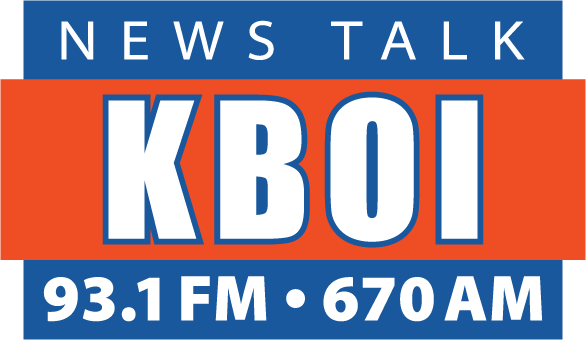Mother’s Day is this Sunday. The most important thing my mother ever taught me was how to censor myself. I don’t mean that she told me not to swear. She did, I’m sure, but it wasn’t a subject that came up very often. We weren’t a swearing family. Swearing was something that some people did and some people didn’t, and there was a line drawn between the two groups. I thought that about a lot of things when I was growing up. There are people who do this or have done this, and there are people who don’t do this and have not done this, and it’s up to you to decide which side of that line you’d prefer. I’d love to say I’ve spent my life always staying on the better side of the line, but that isn’t true. There have been plenty of times when I couldn’t figure out which side of the line was better. And I’m sure there have been times when I knew very well which side was better, but I stepped over the line to make a point, or maybe because I was bored.
The censorship my mother taught me was more of a filter. She recommended that before you say anything, you should ask yourself three questions about the thing you’re about to say: One, is it kind? Two, is it true? And three, is it necessary? The key to conversation is to master the art of avoiding all three of those filters while still retaining the ability to speak. Is it possible to do? I don’t know. I haven’t mastered the art yet, but in my defense, I’ve only been practicing for about fifty years. Like good ramen, some things take time. That’s true of mastering any art or discipline. I only mentioned ramen because I’m hungry, and there’s a takeout menu next to my computer.
It’s easy to figure out what kinds of things would be stopped by the “kind” filter. It’s not kind if it’s unkind. Simple. Rumors and gossip aren’t kind. Anything meant to be mean isn’t kind. Most swear words are unkind, especially when used as verbs. Taunting isn’t kind. Neither is berating. Criticism rarely sounds kind, but constructive criticism can be kind. Constant criticism usually isn’t.
The second filter, “true”, is a little more difficult. You don’t always know what’s true. Sometimes you suspect something may be true, but you don’t know for sure. Some things sound true, but aren’t. Some things don’t sound true, but are. If someone tells you the building you’re in is on fire, it would certainly be kind to tell as many other people as possible. But you won’t be remembered as kind if it isn’t true. You may be remembered as kind of an idiot.
Nothing halts more potential conversation than the final filter, “necessary”. I work with people for whom a pleasant “hello” in the morning (or whenever they show up) is absolutely necessary. You find that out if they say it to you and you don’t say it back to them. I also work with people for whom it’s not necessary. You find that out if you say it to them and they don’t say it back to you. Deciding what’s necessary and what isn’t is difficult and tricky. As any dermatologist will tell you, you’ve got to pick your spots with care.
Are there grey areas? There are, whether you spell it “grey” or “gray”. “I like what you’re wearing” sounds kind, unless it sounds sarcastic. It also might be true, or it might be something you’re saying because you believe it’s to your advantage to do so. It might be advantageous and necessary if you’re talking to your spouse, in which case it could also be unkind if it isn’t true. Some areas are really, really grey. Would talk radio be possible if everything that was said by hosts, guests and callers had to go through those filters first? I think it would. And I think it would be better, in the way that Hawaii is better than Wichita. But there will always be people who love Wichita and can’t stand Hawaii.
As I said, I don’t consider myself a master of the art of “kind, true, necessary” filtering, but I do consider myself a perpetual student of the craft. And if you’re at all surprised by this because of the things you hear me say, imagine the things I don’t.









